Introduction to AI in Healthcare
Artificial intelligence (AI) is quickly transforming the healthcare sector due to its unmatched powers in diagnosis, treatment planning, and patient care. AI is simply the use of various technologies, including machine learning, deep learning, and natural language processing, all of which are necessary to better medical processes.
Training methods on large-scale databases are important for machine learning to spot trends and project results. This approach is particularly effective for the discovery of ailments. Deep learning, a form of machine learning, studies difficult data, such as medical imaging, with amazing accuracy through the use of multilayered neural networks. Therefore, the extraction of important data from clinical notes and unstructured research articles is helped by natural language processing, which allows computers to understand and evaluate human language.

Importance of AI in Healthcare
One finds it impossible to overestimate the role of artificial intelligence in healthcare. Through faster and more accurate diagnosis, which promotes patient outcomes, artificial intelligence helps doctors make better decisions. By processing medical photos quicker and more accurately than conventional processes, AI-powered solutions allow radiologists to discover diseases including cancer early on. Artificial intelligence (AI) may be used by pathologists to extremely correctly search tissue samples for abnormalities hence allowing exact identification.
By helping clinicians change treatment methods for each patient based on their genetic composition, way of life, and other factors, artificial intelligence is also revolutionizing personal medicine. This approach assures the fewest bad effects and the best treatments possible for the patients. Early recognition and avoidance of chronic illnesses made possible by AI-powered prediction analytics also serve to identify those who run such risk.
These days, artificial intelligence finds importance in many varied medical fields. AI technologies boost radiology picture processing and help pathology study tissue samples. Personalized medicine uses artificial intelligence to adjust drugs; natural language processing helps with clinical data management. By improving the speed, accuracy, and personalizing of medical treatment, AI’s continuous growth has the capacity to radically change the healthcare business.
AI-Driven Diagnostics and Imaging
Artificial intelligence (AI) is becoming a prominent player in the healthcare business as medical imaging and diagnostics show amazing changes. Medical imaging artificial intelligence (AI) has made improvements in image identification tools that allow doctors to instantly and with before unheard-of accuracy identify disorders. AI systems, for instance, may now find early-stage cancer cells, heart irregularities, and brain diseases that traditional imaging methods would ignore.
Mammography is one such uses of artificial intelligence as machine learning algorithms have been taught to find trends suggestive of breast cancer. Since these programs examine mammograms with a high degree of accuracy, hence greatly lowering the frequency of false positives and negatives, radiologists may identify patients more correctly. Retinal scans are similarly utilized in conjunction with AI-driven imaging technologies to spot diabetic retinopathy, hence helping early identification and treatment.
Moreover, certain hospitals and centers all throughout the world are already employing artificial intelligence technology as IBM Watson and Google DeepMind. For instance, IBM Watson analyzes vast amounts of medical data and provides insights and tips to assist doctors make more accurate diagnoses. DeepMind’s AI algorithms have shown extraordinary accuracy in studying eye scans and finding likely abnormalities, consequently helping ophthalmologists in treatment choices.
One cannot stress how much artificial intelligence might decrease human mistake in diagnosis. By more correctly analyzing and interpreting medical pictures, artificial intelligence minimizes the chance of erroneous diagnosis—a key worry in the healthcare business. This technological breakthrough promises patients acquire an accurate and quick test, thus improved health results follow from it.
Imaging and diagnostics driven by artificial intelligence will change medical processes generally. since technology grows, artificial intelligence’s application in healthcare is probably going to rise since it improves diagnosis methods and raises total efficacy and efficiency of medical treatment.
Personalized Medicine and Artificial Intelligence

tailored medicine’s expertise rely more and more on artificial intelligence (AI), which gives a tailored approach to treatments considering every patient’s particular genetic makeup and way of life. This new use of artificial intelligence calls for thorough study of huge databases including electronic health records, genetic studies, and medicinal trials. By evaluating data and recommending and planning the best courses of action for individual patients, artificial intelligence (AI) technology can improve the accuracy of medical processes.
Significance of Artificial Intelligence (AI)
Evaluation of DNA data is one of Artificial Intelligence’s in medicine. One’s genetic composition might reveal a great deal about their susceptibility to specific diseases and potential response to different therapies. Sifting through this complicated data, artificial intelligence (AI) programs may discover linkages and trends that people would find difficult, if not impossible, to recognize. This skill permits to create highly personalized pharmacological programs based on the genetic makeup of the patient, hence boosting treatment effectiveness and maybe reducing bad effects.
Moreover, the ability of Artificial Intelligence to Assemble and assess data from electronic health records gives a more full understanding of a patient’s previous medical history and present state of health. When getting tailored treatment options, one should have a wide viewpoint. By means of their DNA makeup and medical history, AI may aid in identifying which people are more prone to acquire a specific illness, hence allowing preventive and preventative medicine.
In clinical research, artificial intelligence is revolutionizing data analysis and application processes. If researchers employ artificial intelligence to forecast which people could most benefit from new medications, they can build and pass individualized therapies more quickly. Already, different case studies reveal the immense promise of this technology. By exactly targeting drugs based on each patient’s unique genetic makeup, AI-driven tailored treatment regimens—for example, have greatly improved cancer patient results.
Investigating new artificial intelligence uses in customized medicine is still under process. By boosting patient results, simplifying the system, and allowing treatments to be more effective and personalized to each patient’s individual requirements, these technologies have the potential to radically change the healthcare business as they advance.
Artificial Intelligence in Drug Discovery and Development
Artificial intelligence (AI) utilized in medical research and development marks a substantial departure from conventional methods applied in the pharmaceutical business. AI approaches—especially machine learning and deep learning models—which allow the finding of potential drug prospects at heretofore unheard-of speeds and accuracy may be utilized to study huge and complex biological datasets. This idea stands in direct contrast to conventional processes, which are sometimes labor and resource demanding.
AI is employed for goals beyond only possible new drug identification. Based on biological data, machine learning methods allow one to predict the safety and effectiveness of novel medicines in ways not possible for human researchers. Identification of how a pharmaceutical will interact with biological systems relies on this prediction ability, which also serves to decrease the possible side effects and boost patient results. Consequently, artificial intelligence can greatly shorten the time necessary for medication research, so allowing the speedier and less costly introduction of novel drugs.
Moreover, the ability of artificial intelligence to repeat clinical trials helps to improve the drug development road map. Artificial intelligence (AI) virtual trials could repeat numerous situations and predict likely results, hence optimizing pharmaceutical formulations before clinical testing. This refining method speeds regulatory approvals and improves the safety profile of new drugs while concurrently simplifying the process from lab to pharmacy.
pharmaceutical firms
Using artificial intelligence for new medication creation asks for partnership between technical and pharmaceutical businesses. Pharmaceutical businesses with already-known names are collaborating with biotech startups like IBM Watson Health and Google DeepMind if they are to fully achieve the promise of artificial intelligence. These partnerships mark a new phase of precision medicine, in which drugs are personalized to each patient’s individual genetic makeup therefore boosting therapeutic effectiveness and minimizing unwanted effects.
Medication research and development driven by artificial intelligence is truly creating a revolution in the pharmaceutical industry. By providing safer, more effective medicines to patients all throughout the world and boosting the accuracy, efficiency, and speed of drug creation processes, artificial intelligence has the potential to greatly enhance healthcare results.
Artificial Intelligence and Remote Patient Monitoring
The major change of remote patient tracking and telehealth services brought forth by Artificial Intelligence (AI) marks a new era in healthcare delivery. Artificial intelligence based wearable gadgets and health applications can very correctly measure patient vitals including blood pressure, glucose levels, and heart rate. These gadgets quickly scan data using advanced algorithms to find anomalies signaling potential medical issues. This allows medical staff members to get timely information and react appropriately—often before a problem gets out of hand.
Management of chronic diseases and early action depends on ongoing tracking provided by artificial intelligence. Regular tracking of their health signs could benefit people with diabetes or hypertension, for example, greatly. With its ability to forecast future health patterns and give insights based on past data, artificial intelligence systems allow individualized treatment methods. Although hospital readmission rates are reduced, this proactive approach boosts general patient results.
By giving suggestions and real-time feedback, artificial intelligence also improves patient compliance. Wearable technology, for instance, may remind patients to start working out or take their medicines, hence boosting their commitment to suggested habits. This would mostly help older individuals with memory problems and trouble remembering their medication regimes.
AI-driven remote monitoring solutions
Currently operating multiple artificial intelligence-powered remote tracking systems confirm the technology’s usefulness. The Apple Watch’s powerful sensors and artificial intelligence (AI) algorithms help it spot irregular heart beats and advise customers to obtain medical care. Fitbit tracks physical exercise and sleep in a same way to give tailored health statistics. More precisely, glucose-monitoring devices—like the Free Style Libre system—tell data to medical practitioners so they may always study diabetic patients’ blood sugar levels.
By giving individualized treatment and constant, real-time tracking, AI-enabled remote patient monitoring is significantly altering healthcare and improving patient results and hence the efficiency of healthcare delivery.
Ethical and Regulatory Considerations

Some ethical and legal difficulties linked to artificial intelligence (AI) integration into the healthcare industry have to be solved if we are to ensure its safe and efficient deployment. Patient privacy and data security are the key challenges as artificial intelligence systems usually depend on huge access to personal health data. The danger of attacks and illegal access to private information makes strong security measures particularly vital. Moreover, data input quality is critical since poor or erroneous data might produce erroneous AI-generated results, hence endangering patient safety.
Algorithmic bias is obviously another big issue. The integrity of the training material affects the objectivity of artificial intelligence systems. If the training data reflects social biases, AI activities could either highlight or strengthen them, hence impacting possible biassed treatment of humans. Reducing this danger rests heavily on building open algorithms that can be assessed and changed to ensure justice and fairness in the provision of healthcare.
Important aspects of artificial intelligence systems are transparency and duty. Healthcare practitioners and patients should be aware of the choices taken utilizing artificial intelligence. Giving extensive descriptions of artificial intelligence decision-making criteria and methods can aid to grant informed consent and boost trust. Ethical artificial intelligence systems should include methods for watching decision paths and identifying biases or mistakes so promising reliability and continued improvement.
Laws are changing to match the great growth in the medical area of artificial intelligence. Standards and recommendations released by regulatory groups and health officials aid to ensure moral usage of artificial intelligence technology. AI systems handling personal health data, for instance, have to stick by the tight criteria put forth in the General Data Protection Regulation (GDPR) of the European Union. Likewise, the United States. Currently creating frameworks for testing and tracking AI-powered medical apps and tools to ensure they meet safety and effectiveness requirements is the FDA.
We should take care of these ethical and legal issues as artificial intelligence keeps revolutionizing the medical business. Protecting patient privacy, minimizing computer bias, enhancing openness, and following changing legislation will allow the healthcare sector realize artificial intelligence’s promise.
The Future Landscape of Artificial intelligence in Healthcare
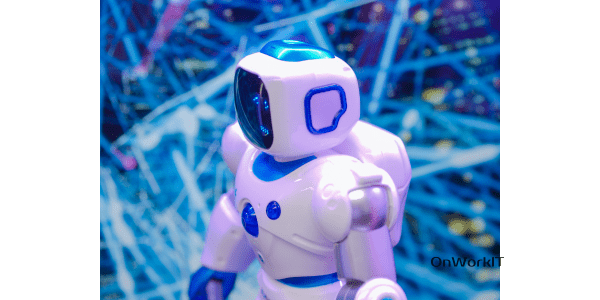
Artificial intelligence (AI) deployed in healthcare has the potential to greatly transform the medical environment of the next years. One key success in artificial intelligence-powered robotic surgery is the ability to improve surgical accuracy and precision. Robotic devices with artificial intelligence algorithms built in are already utilized by doctors to perform less intrusive surgery with better control and less headaches. As these technologies progress, we should expect to see increasingly more robust robotic systems potential of finishing difficult surgeries with shortened recovery times and better patient results.
The growing acceptability of virtual health assistants is another positive factor. These AI-powered gadgets can help patients to plan visits, control chronic diseases, and receive real-time health advice. By use of machine learning and natural language processing, virtual helpers may design individualized treatment plans based on specific patient data, hence increasing the effectiveness and accessibility of healthcare services. This decreases the labor needed by medical workers and promotes patient involvement hence allowing them to focus on other critical responsibilities.
Another fast increasing field where artificial intelligence is noticed is predictive analytics. Analyzing huge amounts of data from wearable devices, electronic health records, and other sources allows artificial intelligence (AI) to spot trends and predict future health problems before they become serious. Early treatments, more efficient use of the resources at hand, and finally decreased healthcare costs can all result from careful community health management. By predicting outbreaks and speeding reaction preparations, predictive analytics can assist to handle public health crises.
Future artificial intelligence advances and current study will touch the healthcare industry always. For instance, advances in neural networks and deep learning should raise diagnosis accuracy and treatment plans. Moreover, the application of artificial intelligence algorithms for personalized medicine has the power to radically change how pharmaceuticals are applied to every patient’s individual genetic profile, hence offering more successful therapies with less unwanted effects.
Artificial intelligence technology’s ability to transform healthcare service, better patient outcomes, and save money is starting to show very real benefits. In healthcare, artificial intelligence has vast potential to herald in a fresh phase of medical innovation and improved standard of treatment.
Conclusion

Future artificial intelligence advances and current study will touch the healthcare industry always. For instance, advances in neural networks and deep learning should raise diagnosis accuracy and treatment plans. Moreover, the application of artificial intelligence algorithms for personalized medicine has the power to radically change how pharmaceuticals are applied to every patient’s individual genetic profile, hence offering more successful therapies with less unwanted effects.
Artificial intelligence technology’s ability to transform healthcare service, better patient outcomes, and save money is starting to show very real benefits. Artificial intelligence in healthcare has huge potential to usher in a new age of medical inventiveness and improved quality of treatment.
FAQs
What is AI in healthcare?
In the context of healthcare, artificial intelligence (AI) is the use of algorithms, data analytics, and machine learning to tasks usually requiring human reasoning. This could involve producing tailored treatment ways, predicting patient results, malady diagnostics, and administrative operations improvement. By means of significant data analysis, artificial intelligence systems may spot trends and give insights, hence helping medical practitioners to make better choices.
How does AI improve patient care?
Through early discovery of likely health dangers, treatment plan enhancement, and accurate diagnosis allowed by artificial intelligence, patient care is improved. Early illness recognition is made possible by artificial intelligence (AI) computers’ quicker and more exactly analysis of medical shots than human radiologists. Predictive analytics made possible by artificial intelligence also help to predict patient deterioration, hence offering preventative treatment. The potential of artificial intelligence to help create drugs based on a patient’s unique genetic makeup and medical background is still another key benefit.
Are there any risks associated with AI in medicine?
Artificial intelligence (AI) offers both different rewards and problems. The risk of bias in artificial intelligence systems, which may be brought on by the training data, presents one of the most important challenges. Different healthcare options may follow from this. Patient privacy and security are particularly important as artificial intelligence systems have to access vast amounts of sensitive data. Moreover, an over dependence on artificial intelligence involves the hazard of leading medical practitioners to lose their clinical knowledge. Strong legal structures and moral behavior are consequently important to mitigate these threats.
What is the role of AI in medical research?
Artificial intelligence (AI) improves the world of medicine by speeding research results’ accuracy and quickening breakthroughs. Large amounts of experimental data and academic information may be reviewed by machine learning algorithms, which then allow them to discover new novel treatments and project their efficacy and bad effects. By revealing deep genetic links underlie sickness, artificial intelligence boosts genomics and precise medicine.
By expediting clinical trials, AI-driven models and simulations help to decrease the time and cost connected with bringing novel medicines to market.Medical research is altered when artificial intelligence (AI) speeds discovery and improves the accuracy of study results. Large amounts of experimental data and academic information may be reviewed by machine learning algorithms, which then allow them to discover new novel treatments and project their efficacy and bad effects. By revealing deep genetic links underlie sickness, artificial intelligence boosts genomics and precise medicine. By speeding clinical trials, AI-driven models and simulations can help to reduce the time and cost of getting novel medicines into the market.
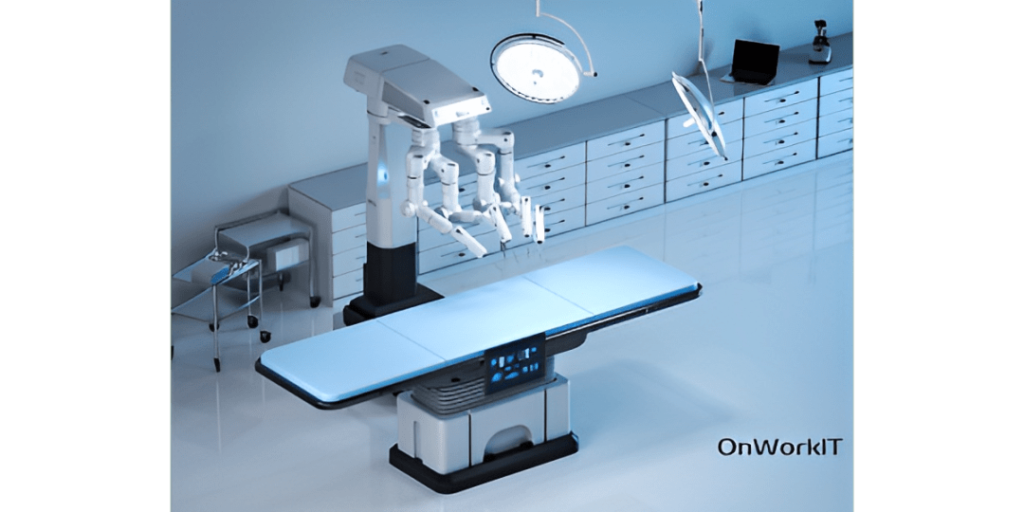

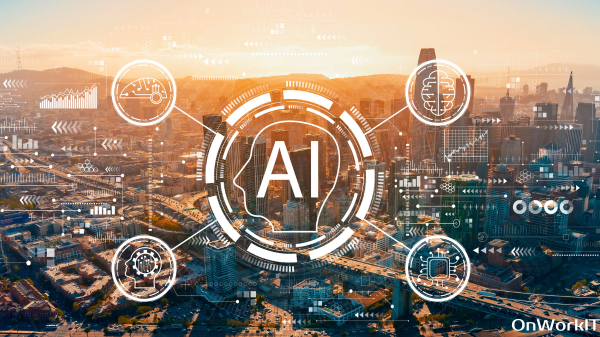





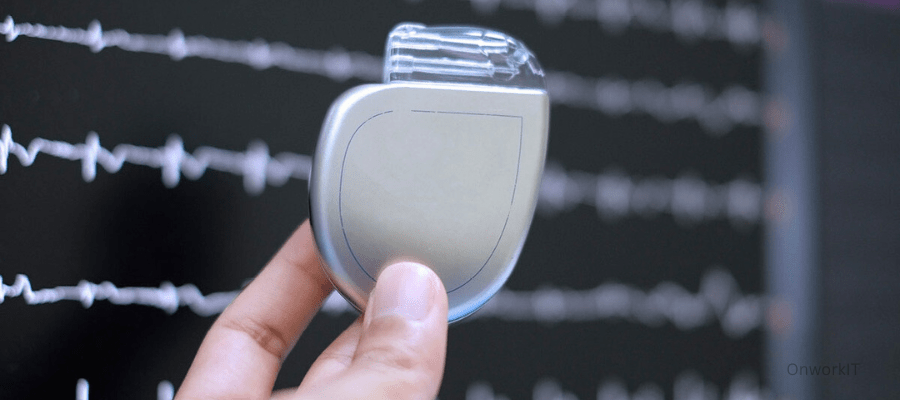
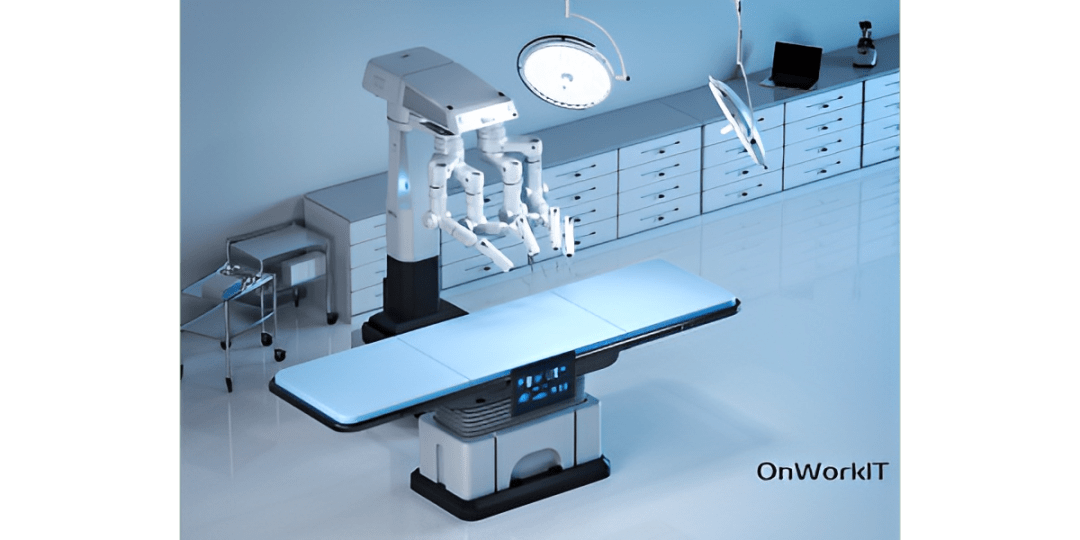
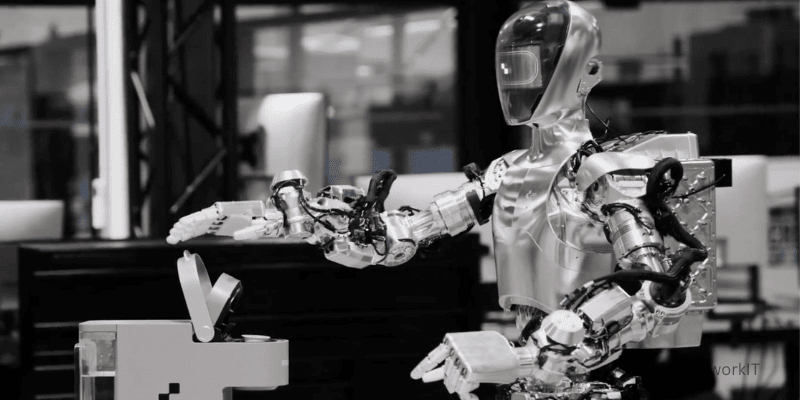
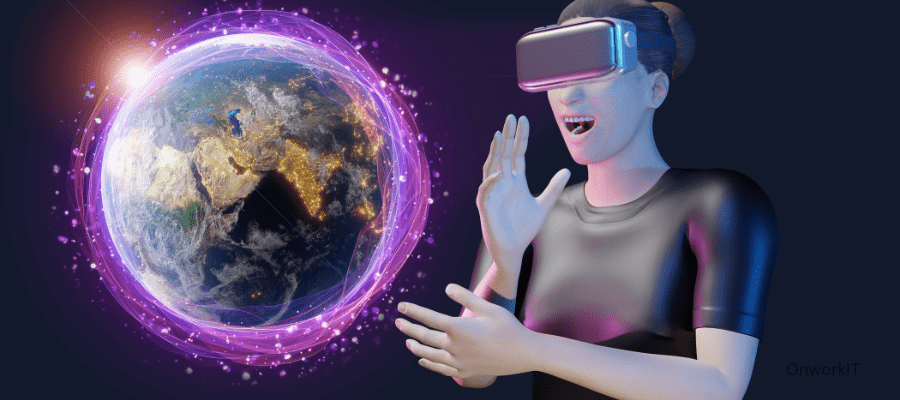
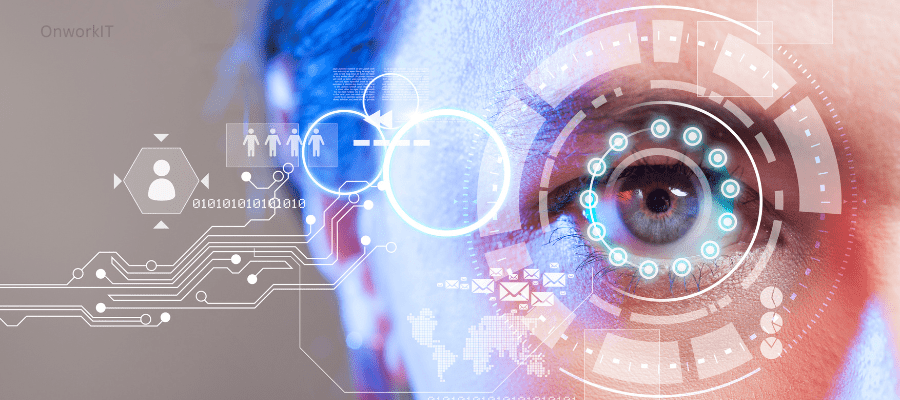
6 thoughts on “What is the Future of Artificial Intelligence(AI) in Healthcare?”